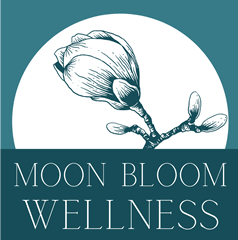When was the last time you felt bored? You may not recall, perhaps because you’ve been too busy to become bored, or you seek distractions in your spare time, or feeling boredom is not remarkable enough to garner space in your memory any more than what you had for breakfast last Monday is. However, it’s important to be mindful of your relationship with boredom, especially in the age of smartphones.
The Pew Internet & American Life Project took a look at Americans and their cell phones in 2011, and found that that 42% of cell phone users use their phone to entertain themselves when bored, and this number jumped to 70% for individuals between the ages of 18-29 years old. I can only imagine this number has grown over the past several years.
Obviously, it can make sense to use our phones as a tool for entertainment, however, this behavior can become mindless and it’s not uncommon to feel like you are absently checking your phone the moment you become unoccupied by other tasks.
Why is boredom important?
Boredom is typically categorized as an unpleasant emotion, so why is it worth preserving the experience of boredom? A study by the Academy of Management found that in tasks involving idea generation, boredom helped increase individual productivity. Feeling bored could help you come up with new ideas.
An article published in the journal of Behavioral Sciences states that, “boredom provides a valuable and adaptive function by signaling it is time to pursue a new goal.” Boredom creates a space where we experience some discomfort, which can motivate us toward new goals. If we are constantly distracting ourselves, we miss the chance to experience this process.
Boredom can also provide an opportunity to be present in the moment. When you notice resistance because you are no longer engaged or entertained by what’s happening, this is a chance to go inward and observe what’s happening in your body and mind. Practicing meditation can help you be more mindful at these times. The solution isn’t always to avoid the unpleasant experience, but sometimes to experience it with openness and curiosity.
If we are constantly inundating ourselves with outside information – which often happens as we reach for the phone and start scrolling through the news or social media – we can rob ourselves of the experience of self reflection and connection with our own original thoughts. I’m not proposing that you should seek to experience boredom in excess, because this can have consequences if someone turns to negative coping skills to deal with the discomfort (like overeating, drugs, alcohol, etc.), but I am saying that you may benefit from some of the opportunities provided by feeling bored if you can bring awareness to the situation and respond constructively.
Sarah Tronco, LCSW, practices Online Counseling New Jersey and works to develop a strong therapeutic relationship with her clients, which helps to create a secure place where individuals can achieve meaningful change.

